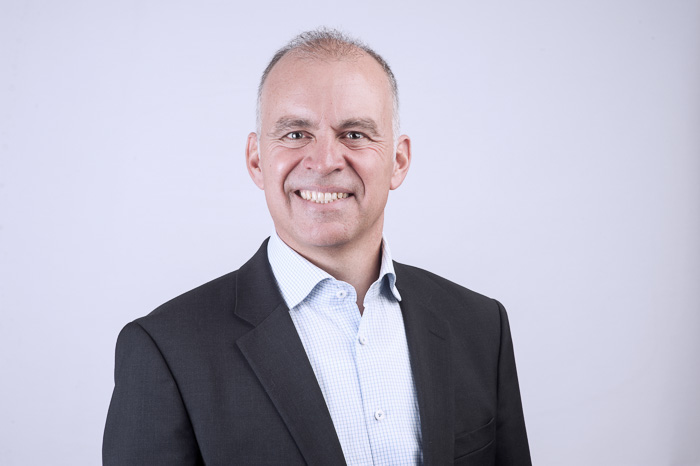Q. Tell us a bit about yourself and why you joined CEIA.
A. After a first career phase in investment and corporate banking and as group treasurer, I entered the impact investment industry in 2006. As CIO and deputy CEO of a globally leading Swiss impact investment asset manager, I contributed to the growth of this institution, from early-stage to over USD 3 billion in assets under management, and to the establishment of the energy and climate finance verticle with a focus on developing countries. Since 2018, I am an independent advisor and board member. I very much like to engage and be hands-on in new and innovative impact investment initiatives and CEI Africa was a perfect fit. When the Swiss Agency for Development and Cooperation (SDC) approached me, I happily accepted the offer to become their nominee and the third supervisory council member of CEI Africa.
Q. Why do we need CEIA? What gap is it filling?
A. Off-grid electrification of rural areas and the productive use of clean energy (PUE) in the global south are hugely important topics with high social and environmental impact relevance. The development of solar-based, thus green mini-grids is at the core of this mission. My previous experience in private sector impact investing has taught me that financing the development of the off-grid energy sector, beyond the vibrant home and distributed solar systems market, purely with commercial funding, is very challenging if not impossible as of today. This is where CEI Africa comes in. This innovative funding vehicle can, with a combination of financing, result-based grants, and technical assistance, ideally contribute to the early market development of the off-grid industry. CEI Africa’s activities enable the development of green mini-grid projects and PUE applications and make them commercially viable and thus scalable. CEI Africa also has the capabilities to support and de-risk new funding sources for the off-grid industry, such as the Europe-based crowdlending sector.
Q. What are your initial observations of CEIA since joining the Supervisory Council?
A. When I joined the Supervisory Council (SC), a lot of hard work has already been done. It took CEI Africa a while to establish its regulations, policies, and procedures and I could see the start of the operational work. It was great to see how much support CEI Africa receives from its initiator KfW and how much strategic importance it is given from leading contributors, such as the SDC. CEI Africa has three dedicated investment managers, one being the consortium leader and the facility manager. These three independent organizations are all leaders in their specific fields and need to closely work together to make CEI Africa a success. Since my start, I have experienced a very high level of professionalism and motivation among all actors. And a great spirit of collaboration and innovation.
Q. What do you see as the primary challenge of CEIA?
A. CEI Africa is an innovator and catalyst in a very nascent market. This is both, highly interesting and challenging. Many companies CEI Africa will be financing or supporting are still in their infancy or at a growth stage. This includes green mini-grid developers in Sub-Saharan Africa, PUE solution providers, and crowdlending platforms in Europe that CEI Africa intends to de-risk or co-invest with. Transaction sizes are small and operationally costly, and risks are naturally elevated. In this challenging environment, CEI Africa intends to orchestrate funding with a one-stop-shop approach to best contribute to the early market development and make this market ready for scale and private sector funding.
Q. What makes our purpose or mission meaningful to you?
A. CEI Africa aims to significantly contribute to the green electrification of rural Africa in areas that will, for years or decades, not be connected to the power grid. CEI Africa also promotes PUE, which will create income and work in mostly poor areas as well as reliable paying clients of mini-grids to make these commercially viable and scalable. CEI Africa is an early innovator that contributes to the development of various markets and actors for which private funds are not sufficiently available yet. Being part of this journey, together with leading institutions and great people, is highly motivating and fulfilling.
Q. Where do you see CEIA in 5 years from now? 10 years?
A. CEI Africa has very ambitious targets. While we are only at the beginning of the journey, I do believe in the long-term potential of the relevant markets. The narrative of green off-grid energy, in combination with local productive use of electricity for commercial activities, just makes so much sense in the Sub-Saharan context. All ingredients to make CEI Africa a success are present. This is why I believe we will see an increasing interest from potential contributors and funders as well as an increasing demand for CEI Africa’s financing, result-based funding, and other support services. At the very end, let me share two wishes: firstly, that in 10 years from now, CEI Africa is a very significant and large funding facility, instrumental to the off-grid energy space in Sub-Saharan Africa, and secondly, that in 20 years from now, it is not significant any longer, because the off-grid sector has matured and outgrown CEI Africa’s capabilities, is profitable and funded commercially through the mainstream financial sector.

